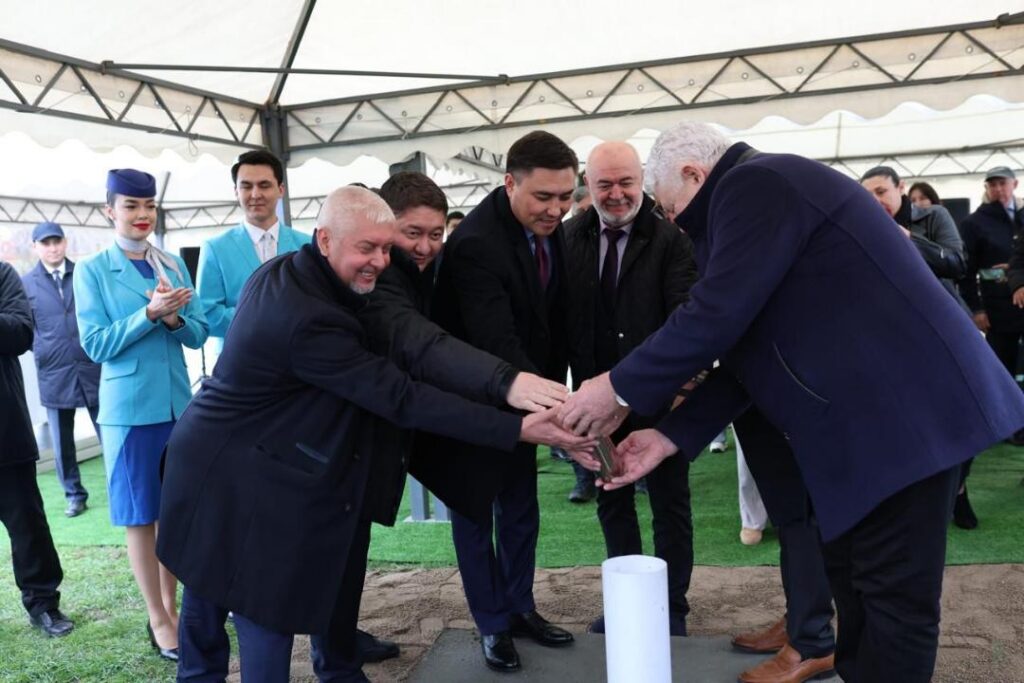Kazakhstan Adopts Pragmatic AI Regulation in Financial Sector
The global financial market faces a strategic choice: impose tighter restrictions on artificial intelligence or allow the technology to evolve within existing regulatory frameworks. While the European Union has opted for comprehensive regulation, Kazakhstan has adopted a more pragmatic approach. According to the National Bank of Kazakhstan, approximately 75% of the country’s banks already use AI technologies, and 88% plan to expand their use. This indicates that AI integration is no longer experimental but systemic within the financial sector. Madina Abylkasymova, Chair of the Agency for Regulation and Development of the Financial Market, articulated the principle of technological neutrality as early as 2025: the regulator does not intend to introduce artificial constraints until uniform global standards for AI are established. In her view, existing regulatory frameworks remain sufficient. Cybersecurity requirements, data protection standards, and risk management rules continue to apply regardless of whether decisions are made by humans or algorithms. Accountability and oversight remain unchanged. At the same time, the market faces significant structural barriers. These include a shortage of specialists at the intersection of finance and data science, the absence of unified data standards, and the high cost of computing infrastructure. The introduction of additional “European-style” restrictions could disproportionately burden smaller market participants and potentially force them out of the sector. Recognizing the high cost of entering the AI ecosystem, the state is assuming an infrastructural role. Timur Suleimenov, Governor of the National Bank of Kazakhstan, has outlined a strategic objective: to establish secure and scalable infrastructure to support AI development in the financial sector. This includes the launch of domestic data centers and the expansion of partnerships with global technology companies. The stated goal is to strengthen technological sovereignty and ensure the protection of citizens’ personal data. In practical terms, the regulator aims to create a sovereign “sandbox” in which fintech companies can test algorithms without transferring sensitive information to foreign servers. The rapid expansion of AI also requires a transformation of supervisory practices. Currently, 39% of financial organizations in Kazakhstan use neural networks in some capacity. Over the past year, the number of companies that have progressed from pilot projects to partial implementation has nearly doubled. International institutions, including the Bank for International Settlements and the International Monetary Fund, argue that AI does not generate fundamentally new categories of risk. Rather, it accelerates and amplifies existing risks, credit, market, and operational. This suggests that regulators do not need to rewrite foundational rules but must enhance the speed, scale, and depth of analytical capabilities. In response, the National Bank of Kazakhstan and the Agency for Regulation and Development of the Financial Market have launched an internal SupTech (Supervisory Technology) program. The first phase involves deploying AI assistants for document analysis and chatbots to support knowledge management. In subsequent stages, authorities plan to introduce multi-agent autonomous systems capable of analyzing large transaction datasets in real time, detecting systemic risk signals, identifying potential market overheating, and flagging suspicious patterns that may indicate money laundering. Kazakhstan’s approach reflects a deliberate balancing...






